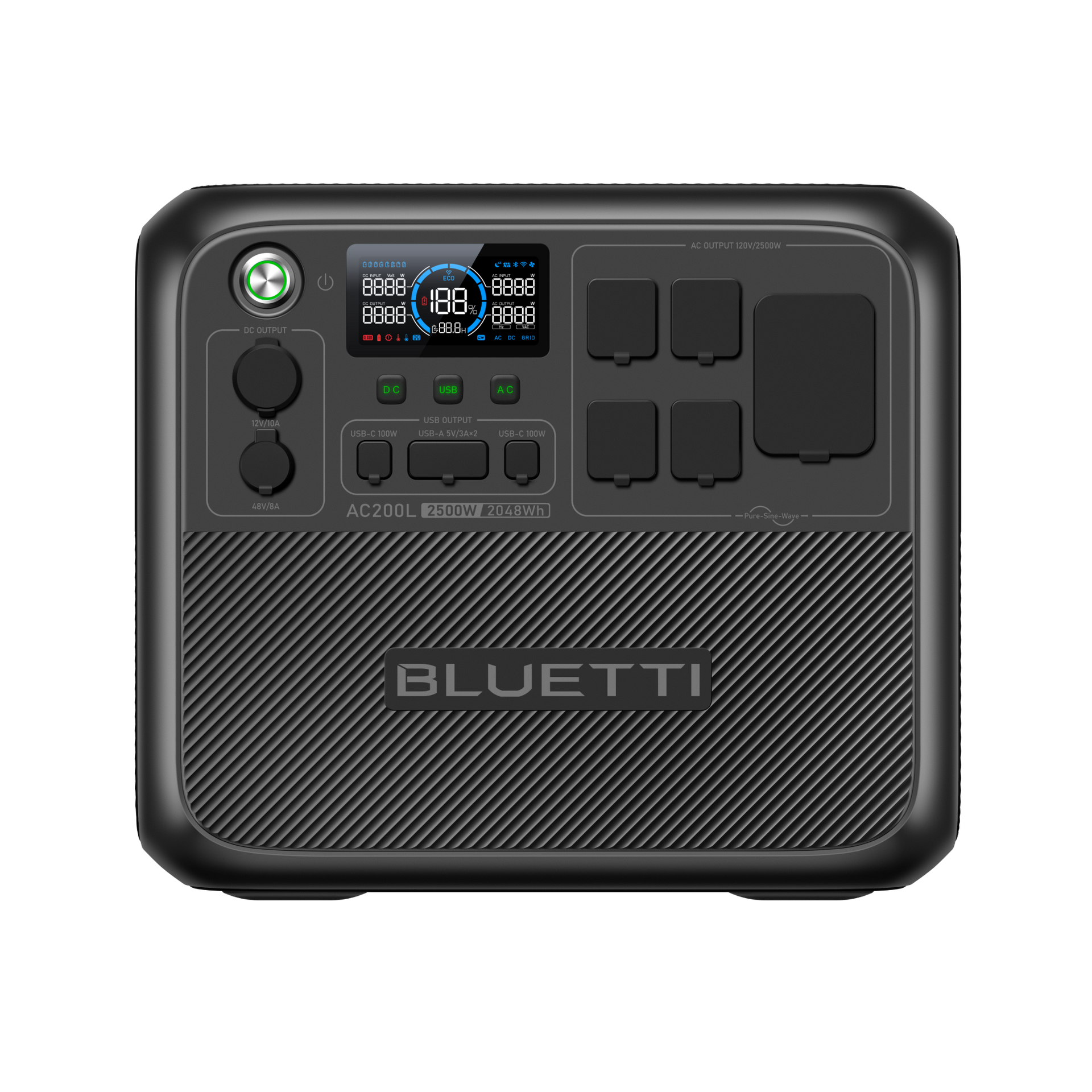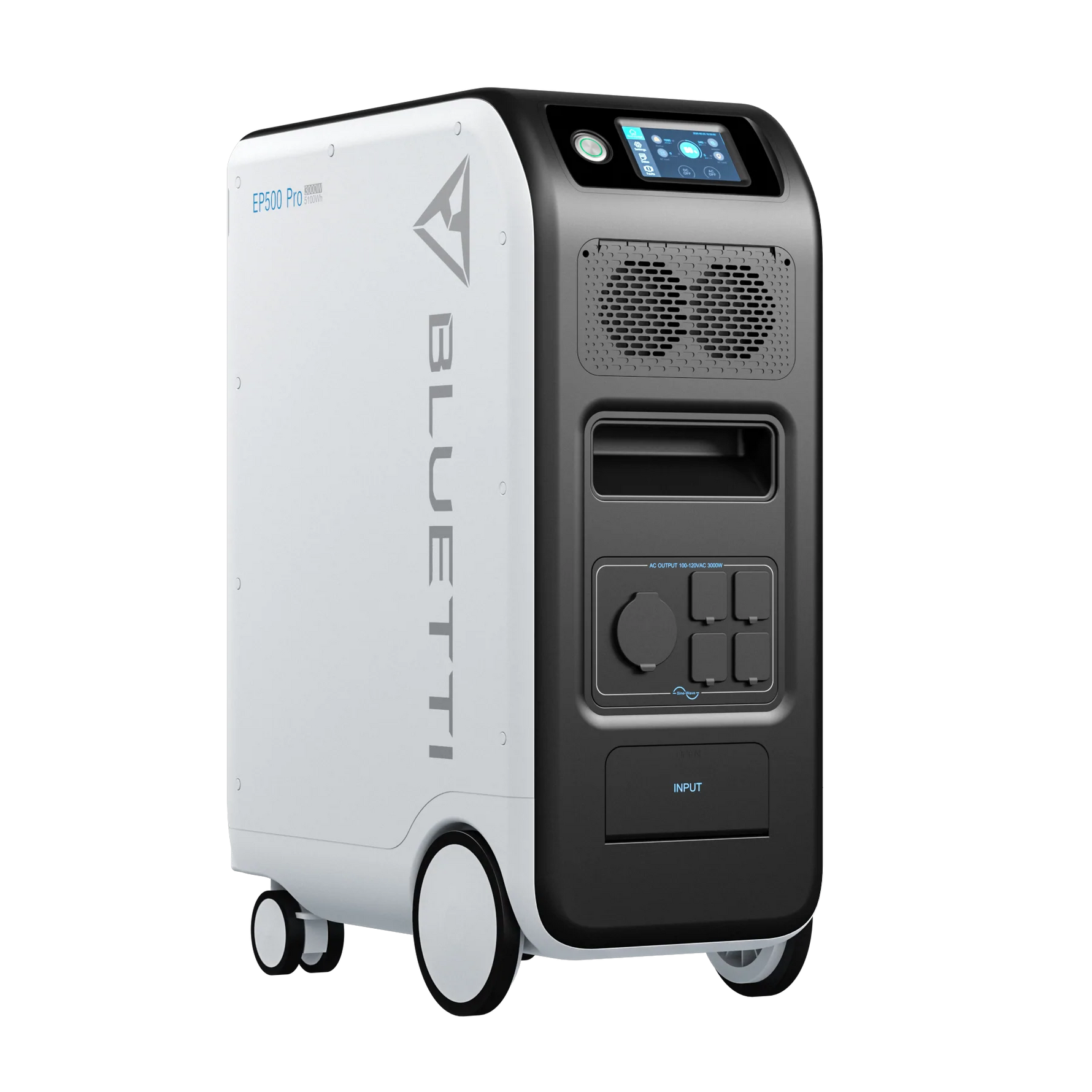This destination strikes one at first glance with its picturesque scenery. This also includes vivid cultural life and multi-cultural upbringing. But the price for this great quality of life is pretty high. That definitely means that everyone considering moving to Vancouver to work or study needs to understand a bit about its money matters. Living in Vancouver can be pretty contrasting according to styles of living and personal choices in terms of expenses. This paper thus provides a detailed breakdown of the average costs that one would incur while living in Vancouver. This shall cover all basic aspects that include housing, utilities, groceries, public transit or other means of transport, entertainment, sales tax, and healthcare.
Housing Costs in Vancouver
It's one of the most expensive places in which to look for accommodation. Depending on the location and space, apartment rentals range from $1,500 and more than $3,000 per month. A one-bedroom apartment within the city center costs an average of $2,240 per month whereas a similar apartment outside the center goes for about $1,800. If one wants to buy, the average house price is over $1.2 million.
Seemingly, despite this being expensive by any standard, the real estate market in Vancouver continues to post stiff competition as a result of wide appeal for the city. This causes most residents to live in shared accommodations and on the edges of neighboring areas in order to save money.
Utility Costs in Vancouver
Another high-cost item in Vancouver would be utilities. The average price for a basic package of utilities—the so-called starter pack including electricity, heating, cooling, water, and garbage for a standard apartment—comes at around $144 to $160 per month. Internet services, which are almost always high-speed with unlimited data, will set you back roughly another $85 more, hence the average total utility bill is around $229 per month. Though the utilities are pricey compared to many other Canadian cities, the efforts Vancouver has made toward using renewable energy sources make it an attractive place to live despite the higher cost of utilities.
Grocery Costs in Vancouver
Groceries in Vancouver tend to be on the higher side. The products that cost the most are fresh produce and milk-related products. The approximate cost of monthly groceries for one person would lie somewhere around $375. Everyday grocery items seem to be sold at roughly $12.34 per gallon of milk, $3.88 per loaf bread, and $6.01 per dozen eggs. The prices of meat are also very high: a pound of chicken fillets costs $8.32 in price, while a pound of beef round comes in at $8.78. That definitely helps to save by shopping at the local markets sometimes, but it still is pretty steep when compared with other locations in Canadian cities.
Public Transit Costs in Vancouver

Public transport is well-maintained and efficient, operated by TransLink. The single ticket for one zone is about $3.15, the two-zone ticket would cost $4.55, and the three-zone ticket is $6.20. For those using frequently, the monthly pass is available for one zone: it would be $104.90, still with unlimited travel in that zone. This network is comprehensive, with buses, SkyTrain, SeaBus, and West Coast Express to make commutation easy for people living here.
Entertainment Costs in Vancouver
From outdoor entertainment in Vancouver to cultural events, it is varied. The dinner would have cost around $30 per person in a middle-range restaurant, and the ticket to the movie theater is about $15. If you are into the arts, many professional theater tickets cost upwards of $100; however, much the opposite occurs with local and amateur performances, which are relatively cheap. A month at either a gym or an exercise fitness club would range on average around $60. Overall, though entertainment can be very expensive, there is no shortage of free or low-cost choices available for beautiful activities, including walking through Stanley Park or attending some community events.
Sales Tax in Vancouver
Vancouver citizens have to pay 5% GST and 7% PST on various transactions, which together sum up to a combined total sales tax of 12%. This refers to most items and services: clothes, electronics, and dinner in restaurants. Even though some goods connected with humans' vital needs, like food, and prescription drugs are not subjected to Provincial Sales Tax, the general burden is considerable, which noticeably increases the cost of living.
Healthcare Costs in Vancouver
Every resident pays for healthcare in Vancouver. In fact, it belongs to the province-wide Medical Services Plan (MSP) in British Columbia. Now, if one looks at what is paid as a premium every month, a single person pays approximately $75 while families would have to pay up to $150. While these premiums give one access to basic health services, other costs associated with prescription drugs, dental care, and other health opportunities are piling up. Many residents opt for additional health insurance that can help them cover extra costs. The health care, in general, available from Vancouver is quite expensive but of very high quality.
What Is Vancouver's Average Living Cost?
This differs from person to person but floats between $1,673 and $2,673 per month. This includes rent, utilities, foodstuffs, transportation, and some leisure activities. To make sure one lives comfortably, a budget drafted at the high end of this spectrum is reasonable. The diversity Vancouver can offer combines natural beauty, rich cultural diversity, and economic opportunities that outweigh the high cost of life for many.
Tips for Reducing Living Costs in Vancouver, Canada
To reduce the cost of living in Vancouver, proper planning and strategic choices are required. Here are some ways to help in that:
- Housing: Consider sharing accommodations or living in neighboring areas to save on rent.
- Utilities: Monitor and reduce electricity usage. Installing energy-efficient appliances can help. For backup power, consider home battery systems such as:
BLUETTI AC200L Portable Power Station
The BLUETTI AC200L Portable Power Station is yet another great solution to reduce electricity bills in Vancouver. This station is powered by a 2,400W AC output and has a capacity of 2,048Wh, meaning you've got substantial muscle behind an all-around, small, and convenient tool. It is designed to be versatile and convenient; thus, it is going to have a 3,600W power lifting mode, specifically for lifting heavy-duty appliances and tools.
Another of the main benefits of AC200L is its extendibility: from its base supply, users can draw capacity as high as 4,096Wh due to a B230 battery or, in case of deployment results, up to 8,192Wh if equipped by two B300 batteries for extended use. This makes it a scalable solution that can grow in line with a household's energy needs.
AC200L is the champion for super-fast recharging at 0-80% in just 45 minutes, featuring a 2400W thick AC that features a maximum input port. On top of that, this has the highest solar input at 1200W, making this an eco-friendly recharging option for those looking for renewable energy. It has six total various forms of recharging styles: AC, solar, car, generator, lead battery, and AC and Solar combination—meaning it can be very portable and reliable.
With the BLUETTI app that allows control and monitoring through Bluetooth and Wi-Fi, access to real-time information and control in power management smartens its usability. Quiet operation, fast UPS capability of 20 ms, and high efficiency have made the AC200L both a practical effective solution for either emergency backup or every day use.
BLUETTI EP500Pro Solar Power Station
It is a great choice that enormously helps in reducing the electricity bills in Vancouver, Canada. A huge capacity of 5120Wh LiFePO4 battery, nice output of 3,000W pure sine wave, makes this power station a powerhouse with robust energy storage. The LiFePO4 battery is more than 3500 cycles to 80% capacity, long-lasting, and long-term in its high performance.
The most striking thing about the EP500Pro is the versatility that comes with it. It can work in both in-grid and off-grid scenarios, with its flexible UPS modes delivering uninterrupted, round-the-clock operation. Being very useful in many applications, a good number of them would include emergency backup for oncoming power blackouts, and daily operations in the place of the grid. The power station can also be easily moved inside one's home, making any placement decision less stressful.
Besides, the EP500Pro can support multiple device power systems at once, hence pretty versatile in terms of where it can come in to cater for diversified energy needs in a household. Its recharging is super flexible, incorporating solar, AC, and other recharging modes, ensuring that it is up and about at all times. App remote control and smart touchscreen interface foster its friendly design, where an easy watch up and numerous control on the amount of power use up is achievable.
- Food: Buy locally and in large quantities as a way to cut the cost of expensive groceries. Shop based on sales and discounts for meal planning.
- Public Transportation: Use monthly passes for unlimited travel and avoid the high costs of owning a car and parking.
- Entertainment: Enjoy free/low-cost activities like hiking, community events, and municipal activities.
Final Thoughts
Though high, the cost of living in Vancouver can be very manageable with appropriate, well-laid budget strategies. Vancouver offers the most attractive things in one package: natural beauty, cultural diversity, and economic opportunity. Generally, residents will be able to fully enjoy what Vancouver has to offer if they realize the many costs and how to mitigate them.






